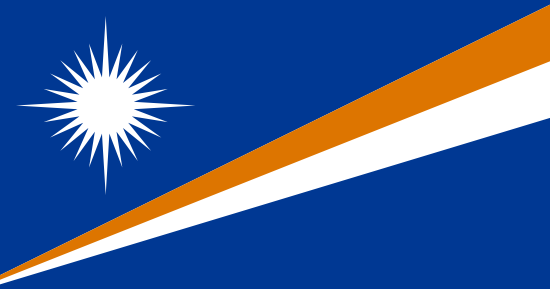
Health Insurance in Marshall Islands, Oceania
Information expatriation
Capital City: Majuro
Total area: 181 km2
Population: 59,000
Money: Currency Converter
Time Zone: List of time zones by country
Calling Code: +692 XXX
Practical Information:
Health Product: Travel Insurance and Health insurance
Health Insurance information and Sanitary Risk: World Health Map
BLOG: Expat Health insurance Information
Here is a brief description of the healthcare system in the country:
· The Marshall Islands have a public healthcare system that aims to provide universal coverage to residents.
· However, resources are limited as a small, remote island nation. Most complex care requires medical evacuation.
· The main hospital is Marshallese Health Care Program on Majuro Atoll, operated by the Ministry of Health.
· It provides primary care, outpatient services, and limited inpatient capacity for acute illnesses.
· Specialized services like radiation therapy, cardiac care, neonatal ICU are unavailable locally.
· Preventative healthcare addresses communicable diseases and increasing chronic illnesses.
· Medical staff rely heavily on a rotating team of international physicians and nurses.
· Even routine services are periodically disrupted when foreign medical professionals depart.
· Healthcare financing comes from domestic taxes and fees, but is supplemented significantly by US financial assistance.
Here are some key health considerations for expatriates living in the country:
· Purchase comprehensive international medical evacuation insurance. Local healthcare is very basic.
· Register with the main hospital clinic, but understand most complex cases will require overseas referral/travel.
· Ensure all routine immunizations are up to date as some vaccines may not be consistently available locally.
· Bring needed prescription medications, as availability of specific drugs is uncertain.
· Drink only bottled water and be careful of food preparation hygiene due to sanitation issues.
· Mosquito-borne diseases like dengue are possible risks - take precautions.
· Isolation and lack of amenities can impact mental health. Have a plan for international counseling if needed long-term.
· Chronic conditions may be difficult to manage without access to specialists offshore.
· Costs of medical referrals and flights overseas for serious issues will be an individual responsibility.
· Contingency evacuation plans are essential given reliance on foreign providers and distance from major hospitals.
